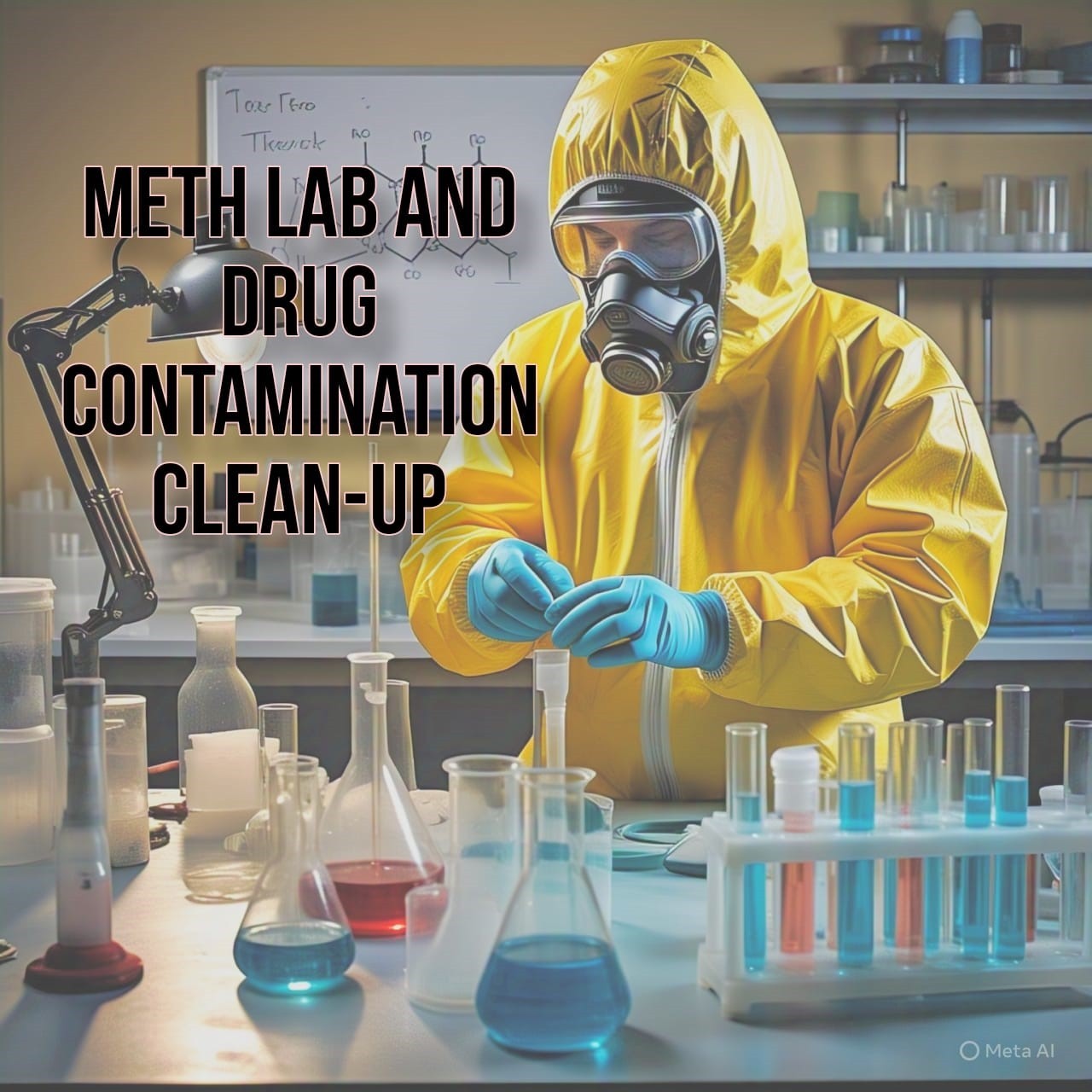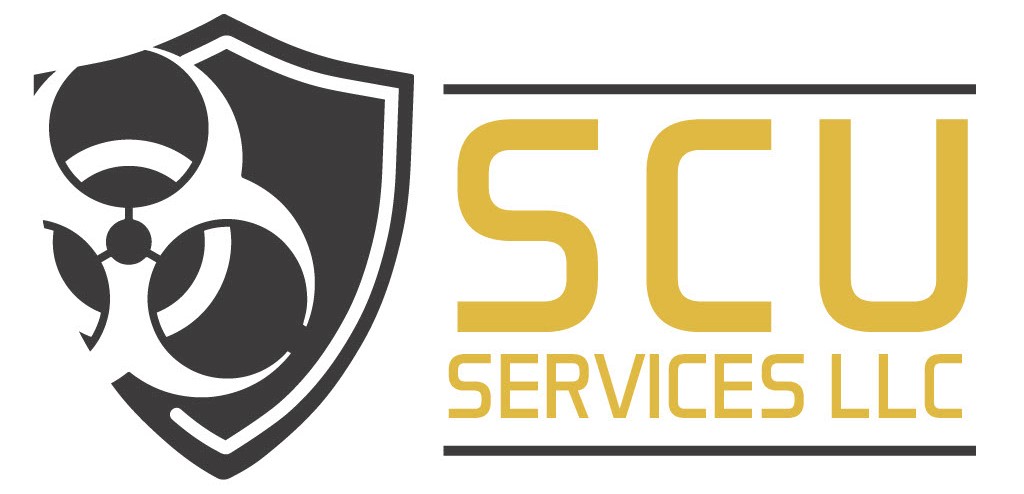
Meth Lab and Fentanyl Cleanup: Why Only Trained Professionals Should Handle It
Cleaning up after a meth lab or fentanyl cleanup is not like regular cleaning. It is very dangerous and must be handled by trained professionals. The chemicals used to make illegal drugs are toxic. They can stay on walls, floors, and even in the air. If you touch or breathe in these chemicals, they can make you very sick or even kill you.
Many people think they can clean a place themselves. But when it comes to meth labs or drug residue, that is a big mistake. Only trained experts should do this job. Here’s why choosing a professional drug cleanup team is the safest and smartest choice.
The Dangers of Toxic Chemicals: Why Meth Lab Cleanup Requires Expert Handling
Meth labs use a mix of harmful chemicals to make drugs. These chemicals can include battery acid, ammonia, paint thinner, and other poisons. When people cook meth, these chemicals go into the air and land on everything nearby—walls, ceilings, furniture, and even inside vents.
Even after the lab is shut down, the danger doesn’t go away. Touching a surface or breathing in the air can cause serious health problems like skin burns, headaches, breathing issues, and even long-term damage to organs. That’s why the area must go through meth lab decontamination before it’s safe to enter again.
Invisible Drug Residue: Why Regular Cleaning Methods Aren’t Enough
Drug residue is often invisible. You can’t always see it, smell it, or know it’s there. Just because a place looks clean doesn’t mean it is safe. Meth and other drug chemicals stick to surfaces and stay there for a long time. Regular cleaning methods, like soap and water, do not work on these kinds of contaminants.
Certified cleanup professionals use special equipment and testing tools to find and clean every part of the contaminated area. They also wear protective gear to stay safe from chemical exposure.
Legal Requirements for Professional Meth Lab Cleanup: Why DIY is a Risk
Every state has rules for how to clean up meth labs and drug-contaminated homes. These rules make sure the property is safe before anyone can live or work there again. Only trained and licensed professionals know how to follow these laws the right way.
If you try to clean it yourself or hire someone who is not certified, you could face fines, legal problems, or worse—someone could get hurt. Hiring a professional team helps you avoid these risks and ensures the job is done right the first time.
The Comprehensive Process of Drug Contamination Cleanup: Steps Involved in Remediation
A proper drug residue remediation includes many steps:
- Assessment – Experts inspect the area to find all the spots with chemical residue.
- Containment – They block off the space to keep harmful particles from spreading.
- Removal – They take out contaminated items like carpet, furniture, and drywall.
- Decontamination – They deep clean the entire area with strong cleaners and special tools.
- Testing – They test the area afterward to make sure all chemicals are gone.
- Clearance – Once the space passes inspection, it’s safe to use again.
This process is called hazard remediation, and it takes special training and tools that only experts have.
Health Risks of Drug Exposure: Why Cleanup is Critical for Safety
Exposure to drug residue can cause serious health problems for anyone—especially children, elderly people, and pets. Some symptoms include coughing, nosebleeds, dizziness, rashes, and memory problems. In extreme cases, exposure can lead to cancer, kidney failure, or even death.
No one should take that risk. Even first responders and police officers wear protective suits when entering drug labs. That shows how serious and dangerous these places are.
FAQs
How do you test for meth contamination?
Experts use surface swab tests and lab analysis to detect meth residue on walls, floors, and air vents.
What happens when a drug is contaminated?
Contaminated drugs can cause toxic reactions, illness, or death due to harmful or unknown substances.
How are drugs tested in a laboratory?
Labs use methods like gas chromatography and mass spectrometry to identify drug ingredients and contaminants.
How do experts clean up meth and fentanyl?
Experts remove contaminated materials, deep-clean all surfaces, use state of the art chemical neutralizers, and test to ensure safety.
Contact SCU Services for Professional Meth Lab and Fentanyl Cleanup
If you suspect a property has meth lab residue or fentanyl, don’t take any chances. The dangers or potential liability is not worth it. Contact the experts at SCU Services. Our team is trained, certified, and ready to safely clean and restore your space. We follow all laws and use top tools to remove every trace of toxic chemicals.
Your safety is our priority. Don’t try to clean it yourself—let us handle it the right way. Call 866-614-1638 now to request fast and expert help.
